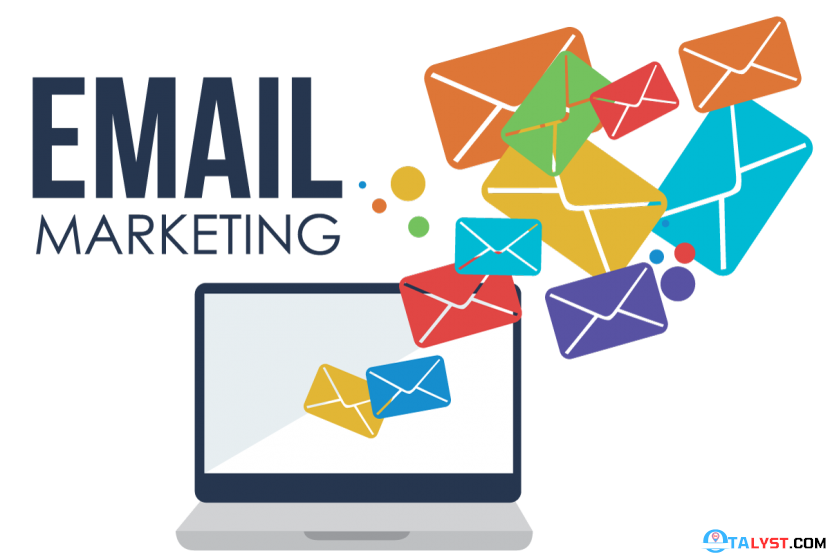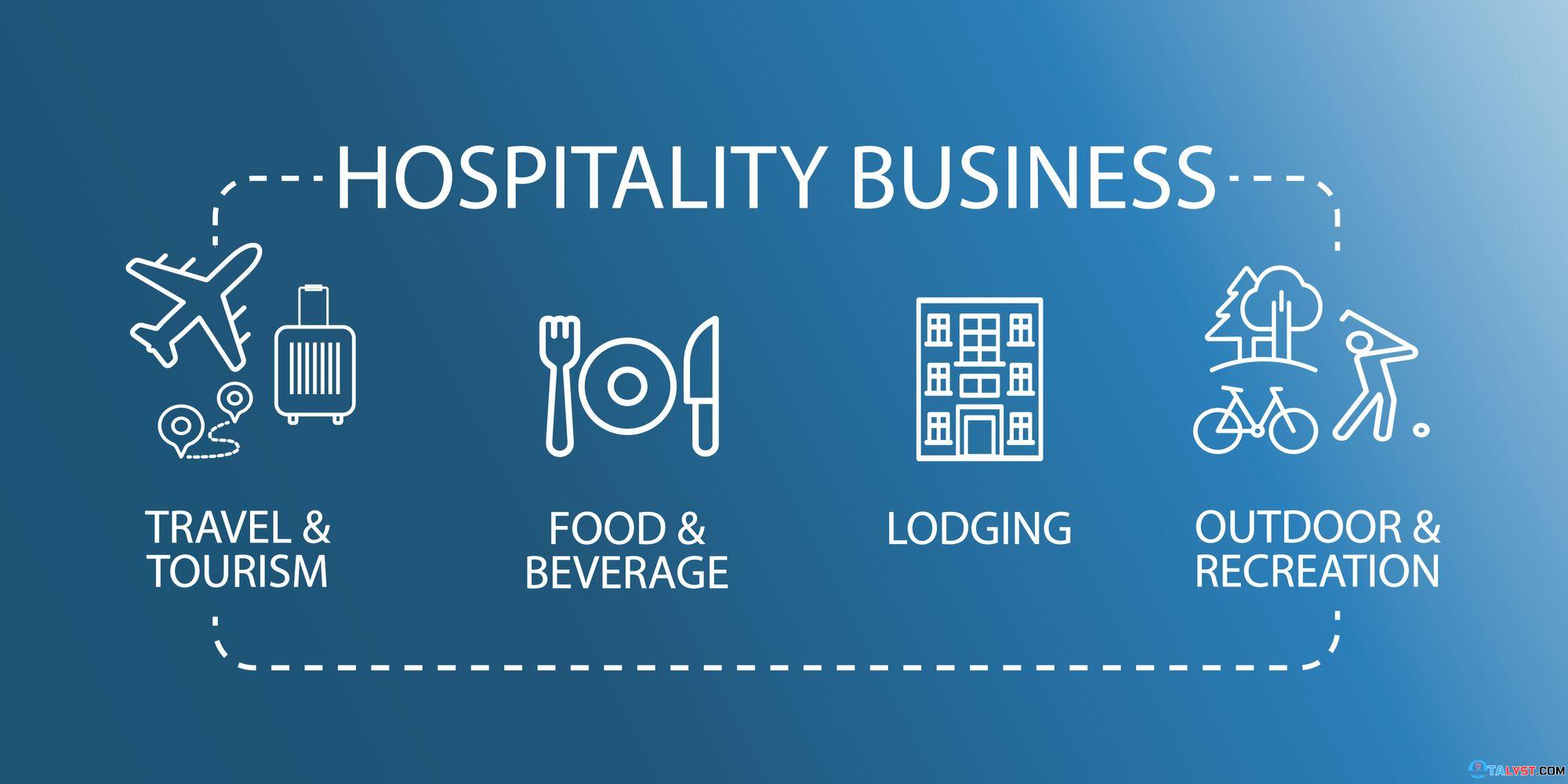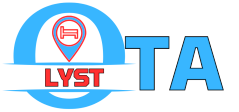As the seasons change, so do the prospects for your hotel’s success! While the holiday spirit remains timeless, each passing year unveils new trends, offering a canvas for innovative strategies and effective marketing plans. While drawing from established practices is valuable, adapting to emerging trends becomes a key element in the evolving landscape of the hospitality industry.
To ensure your hotel stays ahead of the curve, it’s essential to customize your approach based on your hotel’s unique features, budget constraints, target audience, and specific goals. Crafting a resilient hotel marketing plan involves navigating the dynamic currents of the industry with flexibility and foresight.
1. Know where you stand
While it’s good to focus on a broader audience, it’s not the only way to increase your hotel’s reach and visibility. The idea of the ‘average traveller’ is redundant, and your potential guests are more likely to be well-informed. You can’t use a blanket approach anymore!
In order to attract more guests to the property, you need to consider accurate data and insights.
These days, travellers can choose from multiple channels to make a booking. Thus, you’re not only competing with local hoteliers, but OTAs and metasearch websites too.
In terms of technology, budget, and target audience, you need to know exactly where you stand. That’s the first step to come up with inclusive and effective hotel marketing plan ideas.
2. Set your objectives
So, here’s the deal: you can’t make a roadmap if you don’t know where you’re going! When you’ve made efforts to figure out where you stand, it’s time to determine a clear set of objectives.
Observing and analysing everything about your hotel is the key to an effective marketing plan. Asking yourself a few questions will lead you to the right path:
- Who is your target audience?
- What gives you a clear advantage over competitors?
- Who are your direct and indirect competitors?
- What do you specialize in?
- What services have been performing well at your property?
- What can you improve?
- What are you trying to achieve in a financial year?
3. Choose your strategies
Crafting an effective hotel marketing plan presentation hinges on conducting a comprehensive SWOT analysis. This analysis provides insights into your hotel’s strengths, weaknesses, opportunities, and threats. Collaborate with colleagues, consultants, and industry experts to brainstorm and gather valuable perspectives.
Utilize the OTALyst online application to create your Comparative Analysis, streamlining the process. After outlining strengths and weaknesses, proceed to conduct a cost-benefit analysis for the various strategies and ideas generated. This step allows you to gauge the potential Return On Investment (ROI) and assess associated risk factors. Once identified, implement the hotel marketing plan measures that exhibit promising outcomes with diligence and precision.
4. Implement the plan
In pursuit of a larger objective, it is crucial to take measured yet tangible steps. Develop effective strategies with a clear timeframe in mind. Ambition is commendable, but maintaining a logical agenda that aligns with your overall business strategy is equally essential.
Consider seeking assistance from a consulting agency for a tailored and comprehensive marketing plan for your hotel business. This resource can guide you or your staff in making informed decisions.
5. Evaluate the financial impact
A hotel marketing plan serves as your compass for the future, making it crucial to scrutinize the goals you’ve set.
Given the rapid evolution of the hotel industry and its dynamic trends, continuous development of new strategies and goals is imperative. Outdated and irrelevant data can impede business growth.
Consider not only the internal improvements in your services but also the external environment, including economic, political, and social factors surrounding your business.
Adapting to changing demands and situations, whether influenced by off-season sales or regional events, is essential.
Understanding the financial impact of specific actions or strategies, amidst the constant adjustment and resource optimization, unveils the secret to a robust hotel marketing plan. Treat the process as a journey towards achieving desired results.

The Basics that Every Hotel Marketing Plan Should Include
Crafting a welcoming, helpful, informative, and, most importantly, user-friendly website is key to attracting more customers. This not only provides an opportunity to reduce OTA commissions but also directly impacts revenue.
Consider the following crucial parameters for a successful website:
Mobile-First Approach: With travelers globally using smartphones for room bookings, especially for same-day reservations, ensure your website is mobile-friendly.
Highlight Unique Selling Points (USP): Beyond detailing amenities, your website should exude character. Showcase what sets your hotel apart through images, pop-ups, and last-minute deals.
Guest Guidance: Clearly display room information and amenities, keeping all details up-to-date to minimize bounce rates.
Clear and Concise Messaging: Website visitors should instantly recognize the benefits of booking directly. Convey why and how you offer the best deals.
Tell a Story: Your website, through its originality, should narrate the experience guests can expect at your hotel. It serves as the starting point for any effective hotel marketing plan.
A strong social media presence
visibility. Encourage delighted guests to share their experiences across various platforms. Through your social media campaigns, showcase your location, staff, and amenities. While self-promotion is essential, avoid constant self-praise, as audiences prefer diverse content in their feeds. Add value by sharing local insights, event updates, promoting nearby restaurants, and more.
Consistent engagement fosters the growth of your social media following. Facebook, with over 50 million active small business pages and 2 billion monthly users, remains a powerful platform for hotel marketing.
Embrace the surge in video content popularity, offering a dynamic tool for building brand awareness and property visibility. Given that over 75% of social media users share entertaining videos, incorporate this into your strategy. Strong marketing messages across various social media platforms can significantly boost direct bookings, provided you allocate the budget accordingly.
Perfect reputation management
Swiftly address concerns from dissatisfied guests, as negative feedback can spread rapidly on social platforms. Be proactive and open to criticism, responding to comments promptly. Avoid leaving comments unanswered, and refrain from engaging in negative exchanges on others’ opinions.
Initiate by claiming your hotel on major review and booking websites, enabling you to monitor property-related comments. Employ social listening tools for social platforms, providing insights into guest sentiments.
Understand appropriate social responses, knowing when to defend, remain silent, or offer assistance. Optimize your OTA profile for increased bookings and positive reviews. Statistics show that 80% of travelers check online reviews before booking, and 85% of TripAdvisor users value thoughtful responses to negative reviews. This highlights the critical role of reputation management in influencing potential guests.
Email marketing
While you need to constantly come up with strategies to increase bookings, the best example of hotel marketing doesn’t forget past customers.
In order to build a solid returning client base, it’s essential to keep past customers engaged.
Email marketing allows better targeting, direct contact, and strategic approach to content-driven ideas. If used effectively, it lets you communicate with guests promptly.

Strategic PPC and Display Ads
Search and display ads are the perfect way to drive traffic to your website.
Since every hotel in your region or city will be competing for similar terms, try to target keywords that set you apart from the competition.
You could use the few tips given below:
- It’s good to use interest or history-based display ads to engage event planners and vacationers who haven’t decided on a venue.
- To find the right mix, test different ad platforms, demographics, and ad copies.
- Set realistic budgets for online campaigns and advertising. Make tweaks whenever necessary.
With every passing day, the hotel industry is becoming more competitive. It can be difficult to find the right marketing balance.
The above elements can help you build an inclusive marketing strategy to drive more direct bookings and improve guest experience.
we recommend you talk with a professional marketing agency before spending money on Ads online: it’s too easy to waste money!
Update your digital marketing strategy
Companies like Google and Facebook are introducing new products and technologies constantly.
New Property Management Systems, Booking Engines, Reputation Management tools, Channel Managers,
and other products can help you develop solid digital marketing plans, improve existing distribution and marketing while reducing overall costs.
You could check out this page for these products or consult on:
- SEO (Search engine optimization) content
- Social media campaigns
- Website traffic
- PPC (Pay per click) campaigns
- International and domestic engagement
- New action plans
- Performance and measurement

Latest Trends in the Hospitality Industry
Consider a move towards native advertising
In the US, native display ads make up almost 75% of the total display ad revenue.
This includes native in-feed advertisements on social platforms and publisher properties.
Simply put, native advertising is found in an online publication.
While it resembles editorial content, it’s paid for by the advertiser.
Such ads can be both subtle and strategic, allowing advertisers to tap into a huge market.
In the coming years, prospective guests will be more savvy.
It’s high time you start adapting your marketing strategy to such interests and preferences.
Keep up with the mobile trend
In the hospitality industry, mobile has become one of the strongest marketplaces. People don’t spend much time on laptops or desktop to research anymore.
Whether it’s on an app or via regular browsing, people love to use their phones to find offers and make purchases.
According to Google, over 50% of smartphone owners use mobile devices for travel-related queries and activities.
It goes without saying that a mobile presence is non-negotiable for your property.
Catering to millennials
In the US, millennials will represent more than 50% of all travellers by 2025.
While building your marketing strategy, it’s important to consider this demographic group’s habits and personality traits.
millennials are early adopters of technology, travel a lot, and prefer personalized interactions.
In order to please them, hotels can focus on gourmet dining experiences, local tours, easy check-ins, and other such services.
Happy millennials like to flaunt their lifestyles on social media, which would in turn bring attention to your property.
Increasing international travellers
Ever since the turn of the century, international travel has been on the rise.
Thus, it’s important for hoteliers to provide services in different languages, and tailor experiences suited to
the unique needs and culture of international travellers.
Need for technology
Last but not least, the need for technology can’t be overlooked.
It’s important to seamlessly connect devices and platforms.
Recently, small and budget hotels have started offering digital concierge services and mobile check-in facilities.
High-tech cards, chatbots, keyless entry, and reservation tools are part of the puzzle.
In order to impact revenue and drive more bookings, you need to take an open-minded approach to using technology in hotel operations.
While these tips and strategies can help you build a comprehensive hotel marketing plan, it’s always good to connect with industry experts for insights.
If you’re looking to increase revenue and direct bookings while adopting cutting edge technology, get in touch with
an experienced marketing expert of a team of leading hospitality consultants from around the world.
Tools like PMS (Property Management System) and CM (Channel Manager) only assist lodging establishments in operating more simply, saving time, and being more efficient compared to not using them. However, that is not the root of growth or the challenges faced in the accommodation business. If you want to effectively manage OTA channels and create stable growth, you should have a clear understanding of how OTA platforms operate, such as their nature, operational models, and how they display, calculate displayed prices, and collect prices (after deducting commissions). Of course, larger hotels that want to approach it systematically will do it synchronously from the beginning, but smaller lodging establishments wanting to reduce operational costs should overlook it and focus on optimizing display and providing outstanding customer care.
Synthesized by: OTA Lyst












































